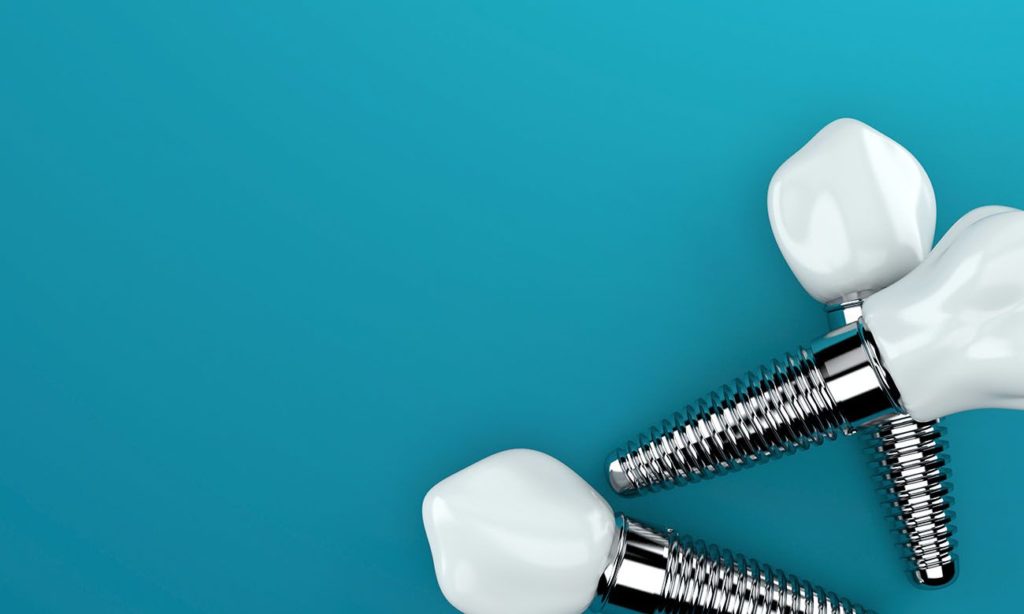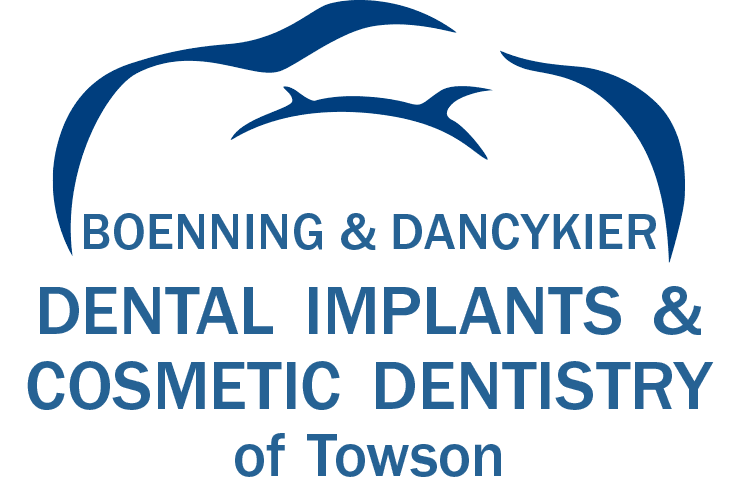Tooth loss can severely impact the quality of your life. Missing teeth can leave you feeling self-conscious about gaps in your smile. And you may have trouble completing your usual oral functions like chewing and speaking. Your dentist can replace missing teeth permanently with dental implants.
This comprehensive tooth replacement treatment can assist many dental patients and comes in a variety of kinds that can suit your unique dental needs. Whether you have lost one, several, or an entire arch of teeth, implant dentistry can help. Read on to learn about three types of dental implants that can restore your smile after tooth loss.

3 Types of Dental Implants
Single Dental Implant
A single dental implant is an ideal restorative treatment for patients who need to replace one missing tooth. Patients can receive more than one of these implants if needed.
The fixture uses a titanium post anchor that a dentist surgically inserts into the jaw. When this heals, the dentist secures a crown as a prosthetic tooth atop an abutment attached to the anchor at the gumline.
The entire process takes a few months in order to allow for complete recovery of the surgical sites. Though lengthy, patients will appreciate restorative and aesthetic improvements in their smiles that can last a lifetime. Custom dental prosthetics ensure a gorgeous and natural-looking finish that you can feel proud of.
Implant-Supported Dental Bridge
An implant-supported dental bridge can replace three or more missing teeth in a row. The device uses two anchors in the jaw that will support each end of the bridge prosthetic. It relies on anchors rather than support from adjacent teeth like a traditional bridge would.
The anchors fuse with the jawbone during the healing process. This ensures that patients do not have to worry about their devices slipping out of place. They can complete oral functions as they normally would with confidence. Patients can enjoy the ability to talk, chew, bite, and more with durable prosthetic teeth and a firm support system.
All-on-Four Dental Implant
Patients who want to replace an entire arch of missing teeth can benefit from an All-on-Four dental implant. They may receive this implant on either the top or bottom arch or both if needed.
As the name implies, this implant relies on four anchors which will support an arch of prosthetic teeth. Unlike removable dentures, patients can preserve the jawbone with this type of tooth replacement treatment.
Dentures will replace teeth above the gumline only, which may mean the jawbone will deteriorate in the absence of the tooth root. The anchors replace the missing root, stimulating the jaw to keep it stable and healthy.
Consult with your dentist to learn if your jawbone is strong enough to support a dental implant. If not, your dentist can discuss other restorative treatments that can restore your smile. Implant dentistry emphasizes long-term oral health enhancement, ensuring your smile looks and feels its best for the rest of your life.
